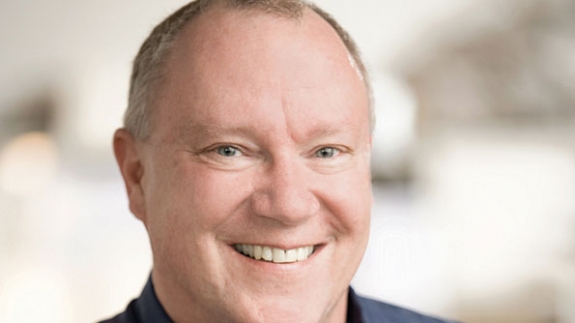Father knows best
I have mixed feelings about wireless technology, especially the cell phone. On the one hand, it can be an incredibly intrusive device. I experienced this firsthand a couple of weeks ago while on vacation. I was standing in the quiet, reverential section of the Baseball Hall of Fame perusing the plaques that honor the game's immortals when the damn thing went off. Making matters worse was that I had forgotten to put my phone on vibrate and my ring tone is "Take me out to the ballgame." Yet another embarrassing moment was scribbled into the ledger.
On the other hand, cell phones can be quite handy at times. One of those occurred in the wee hours of the morning this week, when an idea for a headline popped into my head. Groggy though I was, I reached for the gizmo on my nightstand, texted Lisa Allegretti — our very talented managing editor who toils selflessly and anonymously behind the curtain — and then rolled over and fell asleep once more.
The father of the cell phone, Marty Cooper, spoke at the Radio Club of America annual awards banquet in New York City three weeks ago. I unfortunately was unable to attend because of the aforementioned vacation, but — thanks to another technological marvel that is the digital voice recorder — I was able to listen to his speech after the fact. What he said is causing me to see wireless technology in a different light.
Cooper characterized the cell phone as just one of a long series of milestones in the evolution of radio technology. He added that wireless technology is on the cusp of another exciting evolutionary phase.
The example he cited concerns health care in the United States. The biggest problem is that it is focused on curing disease, rather than preventing it, Cooper said. He predicted that wireless technology one day will shift that focus to the latter.
"It will introduce a new age, where we will be able to anticipate medical events and, in doing so, make people healthier and reduce the costs of medical care," Cooper said. He added that 20% of the nation's gross national product (GNP) currently is spent on health care, a figure that will rise to 30% in five years. "That's not sustainable," he said.
As evidence of where this is going, Cooper pointed to the annual physical exam that many of us endure — an exercise that he described as being "essentially worthless."
"The physical examination as it exists today is a snapshot. They take a look at your blood pressure and your pulse rate and a whole bunch of other things. But it's a minor snapshot that doesn't have any significance, because the only thing that matters is how the data varies" he said. "Everyone is different. A pulse rate of 50 might be normal for one person but not another."
Cooper predicted that, within the next two decades, a wearable patch will be developed to monitor a plethora of health indicators. Within three decades, the device will be embedded into the user. It will transmit the data wirelessly to a computer that will make sense of it all, based in large measure on the individual's genetic makeup and health history. When warranted, the system will alert the individual of a problem, Cooper predicted.
"I call this the continuous physical examination," Cooper said. "The system will know all of your medical history and will be monitoring you continuously. For instance, if you're about to have congestive heart failure — which is the biggest cause of heart attacks today — it will let you know eight to 10 hours ahead of time, which will give you an opportunity to take a pill and avoid a trip to the hospital."
As someone who is on the other side of age 50, all of this is very exciting to me. And I don't doubt Cooper's prediction for a second, as it turns out that he's pretty good at the prognostication game. Cooper reminded those at the RCA gathering that he spoke at an industry meeting in 1975, where he said that "cellular was going to be a big deal," one of the great understatements of all time. Given how things turned out, who in their right mind would doubt him now?
What do you think? Tell us in the comment box below.


















